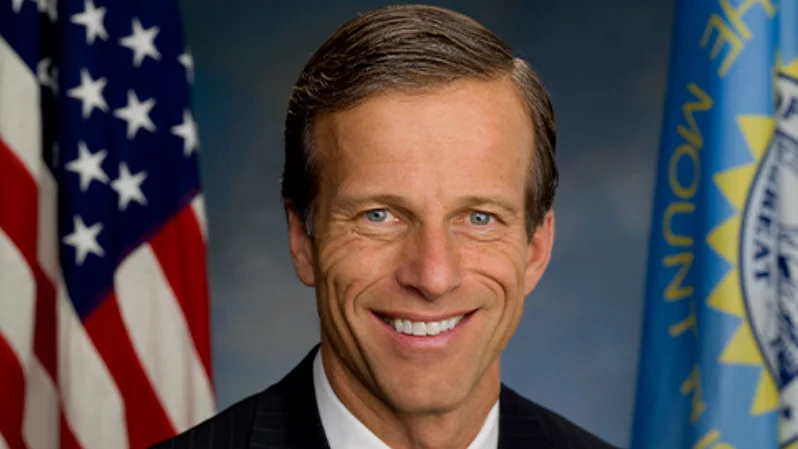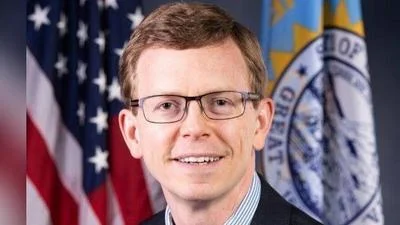Senator John Thune, US Senator for South Dakota | Official U.S. Senate headshot
Senator John Thune, US Senator for South Dakota | Official U.S. Senate headshot
U.S. Senate Majority Leader John Thune (R-S.D.) addressed the Senate on September 2, 2025, expressing concern over what he described as unprecedented obstruction by Senate Democrats regarding the confirmation of President Trump’s civilian nominees.
Thune noted that the Senate has been active this year, stating, “From confirming President Trump’s nominees, to repealing burdensome Biden administration regulations, to passing the One Big Beautiful Bill to prevent a massive tax hike on hardworking Americans, Republicans have been hard at work delivering on the mandate we received from the American people.” He highlighted that the chamber had taken 499 votes so far in 2025—more than any Congress at this point in over three decades.
He outlined upcoming legislative priorities including consideration of the National Defense Authorization Act and ongoing appropriations work with a goal of funding the government by September 30. Thune mentioned progress made before August recess: “We’ve already done some good work on appropriations – in fact, for the first time in years we went into August having passed three of the 12 appropriations bills.”
A significant portion of his remarks focused on delays in confirming presidential nominees. Thune said: “Thanks to a lot of hours here in the Senate to overcome Democrat obstruction, we went into August having confirmed 135 of the president’s civilian nominees – more than had been confirmed by this point in his first term. But there are a lot more nominees to go. And I’m here to tell my Democrat colleagues that their historic obstruction cannot continue.”
He compared current practices with historical precedent: “President George H. W. Bush had 98 percent of his civilian nominees confirmed by unanimous consent or voice vote here in the Senate. So did President Clinton. President George W. Bush and President Obama both had 90 percent... But things changed during the first Trump administration – Democrats started obstructing nominees who would previously have been confirmed without a drawn-out process.”
Thune pointed out that as of September 2, none of President Trump’s civilian nominees had been confirmed by unanimous consent or voice vote—a contrast with previous administrations where many such confirmations were routine.
He also addressed claims about Democratic opposition being based on nominee qualifications: “The Democrat leader might like people to think Democrats are holding up all these nominees because they are, in his words, ‘historically bad,’ but in fact at least some Democrats have ultimately voted in favor of many of these nominations.” According to Thune, sixty-one out of 135 confirmed civilian nominees received at least one Democratic vote; half currently pending were reported out with bipartisan support.
Thune warned that continued delays could prompt procedural changes: “Over August... my colleagues and I discussed various ways of addressing this problem and expediting confirmations... none of which... would be necessary if... [Democrats] treated this president [how] Republican and Democrat Senates have treated ... Republican and Democrat presidents for all of American history.”
He concluded by urging cooperation: “All it takes is a little behavioral change and a willingness to acknowledge President Trump won an election... But if Democrats continue to obstruct... then we’re going to have to take steps to get this process back on a reasonable footing.”


 Alerts Sign-up
Alerts Sign-up